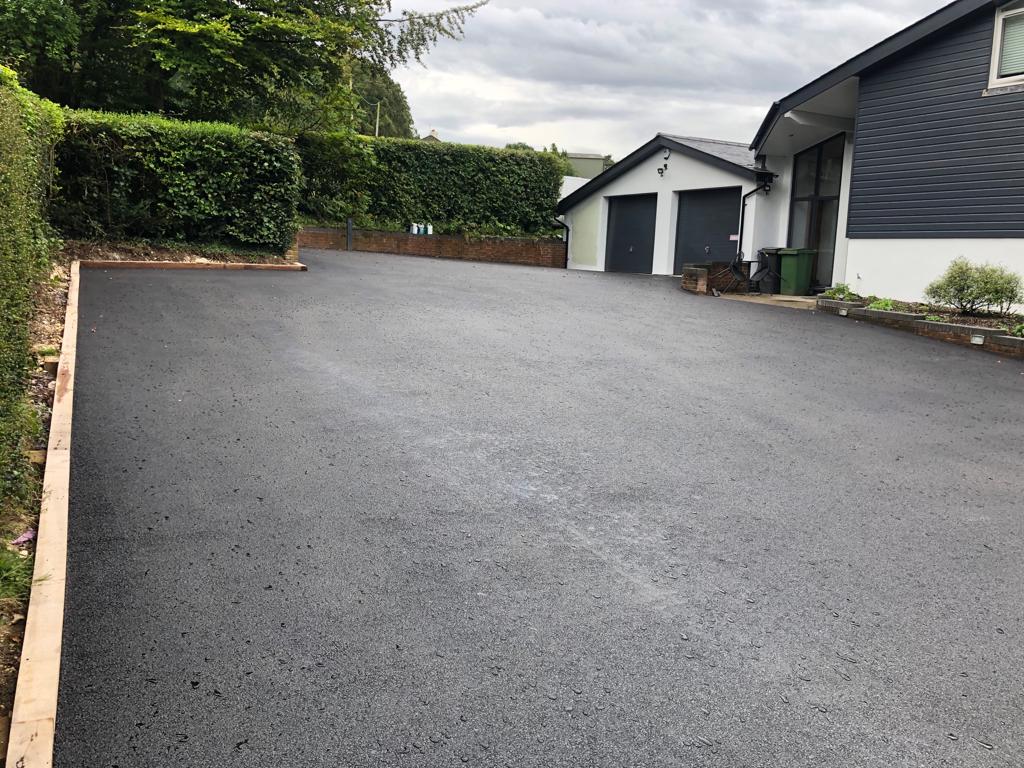Introduction: Potholes, though seemingly minor nuisances, significantly impact urban development and infrastructure. As cities grapple with the consequences of deteriorating road surfaces, the repercussions of potholes extend far beyond mere inconvenience. In this blog post, we’ll delve into the profound impact of potholes on urban development and explore potential strategies for addressing these infrastructure challenges.
Road Safety and Traffic Flow:
- Potholes pose serious hazards to road users, jeopardising pedestrian safety and impeding vehicular traffic flow. In urban settings with high population density and heavy traffic volumes, potholes exacerbate congestion and increase the risk of accidents. By compromising road safety, potholes hinder efficient transportation networks and impede urban mobility, constraining economic productivity and urban development initiatives.
Property Values and Aesthetic Appeal:
- The proliferation of potholes can detrimentally impact property values and urban aesthetics. Pothole-ridden roads detract from the visual appeal of neighbourhoods and diminish the perceived desirability of residential and commercial properties. As property values decline in areas plagued by poor road conditions, urban development efforts may face challenges in attracting investment and fostering vibrant communities. Addressing pothole-related infrastructure deficiencies is thus essential for enhancing the overall attractiveness and livability of urban environments.
Infrastructure Resilience and Sustainability:
- The prevalence of potholes underscores broader infrastructure resilience and sustainability concerns within urban development contexts. Pothole formation often results from underlying infrastructure deficiencies, such as inadequate drainage systems, substandard road materials, and insufficient maintenance protocols. By addressing these root causes and investing in resilient infrastructure solutions, cities can enhance their capacity to withstand environmental stressors, mitigate climate-related risks, and promote long-term urban sustainability.
Economic Impact and Development Opportunities:
- The economic ramifications of potholes extend beyond immediate repair costs to encompass broader implications for urban development and economic growth. Pothole-related vehicle damage, increased transportation costs, and lost productivity collectively affect municipal budgets and hinder economic development initiatives. Conversely, proactive pothole repair and infrastructure investment can stimulate economic activity, attract private investment, and catalyse urban revitalisation efforts.
Citizen Engagement and Public Perception:
- Potholes often serve as a focal point for citizen engagement and public scrutiny, reflecting broader sentiments regarding government effectiveness and public service delivery. In urban areas where potholes persist despite repeated complaints and service requests, residents may perceive municipal authorities as unresponsive or ineffectual. Prioritising proactive pothole management and transparent communication channels fosters trust, enhances civic pride, and strengthens community cohesion within urban development contexts.
Conclusion: Potholes pose multifaceted challenges to urban development, encompassing safety, aesthetics, resilience, and economic vitality. Addressing these challenges requires a holistic approach integrating proactive infrastructure maintenance, strategic investment, and community engagement initiatives. By recognising the far-reaching impacts of potholes on urban development and prioritising sustainable infrastructure solutions, cities can foster thriving, resilient, and inclusive urban environments for generations to come.
Call us on: 03 9068 7895
Click here to find out more about Hurstbridge Road Tech
Click here to complete our contact form and see how we can help with your toad needs.

